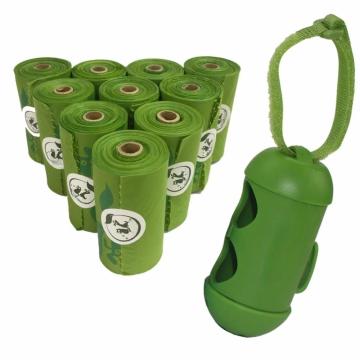

Select Language


In addition to being biodegradable by microorganisms, there is a time requirement that must be met in order for a plastic bag to be called a "compostable" plastic. For example, the standards ASTM-6400 (Specification for Compostable Plastics), ASTM-D6868 (Specification for Biodegradable Plastics for Surface Coating of Paper or Other Compostable Media), or EN-13432 (Compostable Packaging) state that these materials should biodegrade in industrial composting environments in less than 180 days.
An industrial composting environment means that the specified temperature is approximately 60°C and microorganisms must be present. According to this definition, compostable plastics do not leave fragments in the residue that are present for longer than about 12 weeks, do not contain heavy metals or toxic substances and can sustain plant life.